Directory
- Share
Parker Lawson
- Alumni
- United States
- 2017 PhD Spanish and Portuguese
- Selwyn College
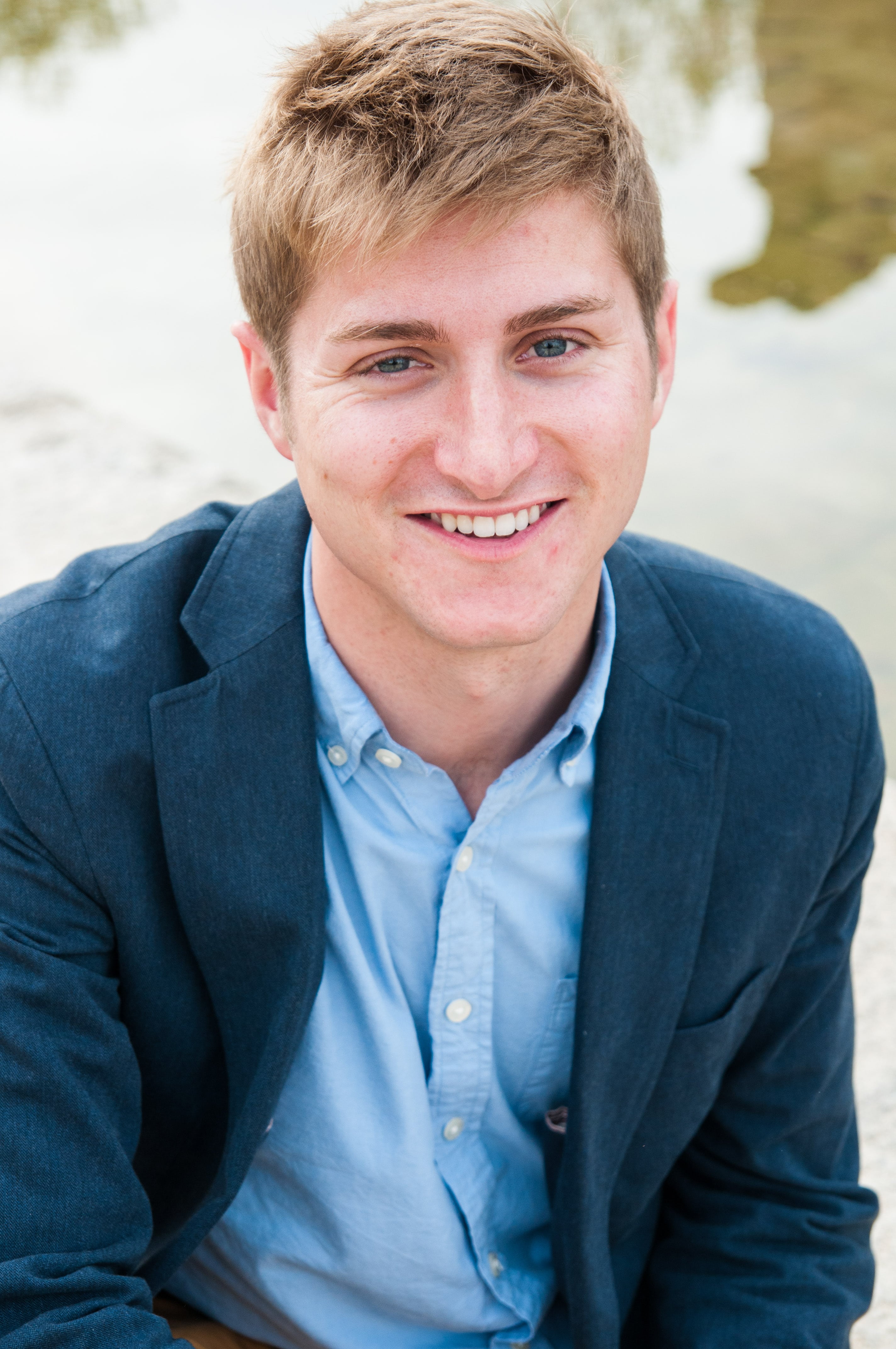
Parker Lawson
- Alumni
- United States
- 2017 PhD Spanish and Portuguese
- Selwyn College
An immersive homestay in Seville in June 2010 catalyzed a passion for further study of the languages, cultures and histories of Spain. As an undergraduate at Centre College, I balanced learned classroom knowledge with practical lived experiences in my community. I co-directed an afterschool program for second language learners, worked at a civic technology company in New York and continued to pursue opportunities to study abroad. Living with Catalan-speaking roommates during my semester at the University of Lleida illuminated many of the ongoing tensions surrounding the Spanish Civil War and thirty-six year Franco dictatorship. What I discovered in Catalonia was affirmed during my year as a Fulbright ETA in Madrid: pedagogical practice itself is contested territory. The material included and excluded, highlighted and hidden, in textbooks and teaching manuals has significant influence on the ways in which Spanish students remember their country’s violent past. My experiences in Spain animate my PhD dissertation, which is a cultural studies project that examines the politics and policies of pedagogical practice from 1898 to the present. By analyzing what and how students are taught, we can understand better the complex nature of contemporary Spanish politics. Following my PhD, I will pursue a career in higher education that prioritizes student experience and will aim to facilitate the types of experiential learning that have proven so meaningful to me.
Previous Education
Centre College
University of Cambridge
Thi Le
- Alumni
- Viet Nam
- 2006 PhD Clinical Biochemistry
- Churchill College

Thi Le
- Alumni
- Viet Nam
- 2006 PhD Clinical Biochemistry
- Churchill College
I am looking forward to the adventure at Cambridge. My career goal changes a bit every now and then, but I hope this experience will be a great start for whatever future direction I may decide to pursue.
Judith Lebiez
- Alumni
- France
- 2013 PhD Modern and Medieval Language
- King's College

Judith Lebiez
- Alumni
- France
- 2013 PhD Modern and Medieval Language
- King's College
I graduated in Classics at the Sorbonne and was admitted to the École Normale Supérieure where I studied Philosophy. I completed a Masters degree in Comparative Literature at the Sorbonne and a European Masters degree in Philosophy which led me to Toulouse, Louvain-la-Neuve, Munich and Tokyo. I also trained as an actress, a classical singer and a lighting designer. For my PhD I will focus on opera lighting. The different ways lighting has been used – or not used – in scenic productions reveals much about the kind of being-together we want to create amongst the audience and by extension the kind of society we are hoping to build. My ultimate goal is to stage productions that would help audiences to develop a creative life within a democratic society.
Previous Education
Ludwig-Maximilians-Universität Philosophy 2011
Université Paris Sorbonne- Paris IV, France Comparative Literature 2010
Ecole Normale Superieure Philosophy 2007
Diana Leca
- Alumni
- Canada
- 2012 PhD English
- St John's College

Diana Leca
- Alumni
- Canada
- 2012 PhD English
- St John's College
My doctoral research considered the aesthetic and ethical implications of literary minimalism in twentieth-century writing, particularly Gertrude Stein's prose-poetry and the abstract late work of Samuel Beckett. My general research interests include American literature (1850s to the present), philosophy, intellectual history, and the environmental humanities. I am currently a postdoctoral Research Fellow in English at Keble College, University of Oxford.
Colin Lee
- Scholar
- Singapore
- 2021 PhD Medicine
- King's College
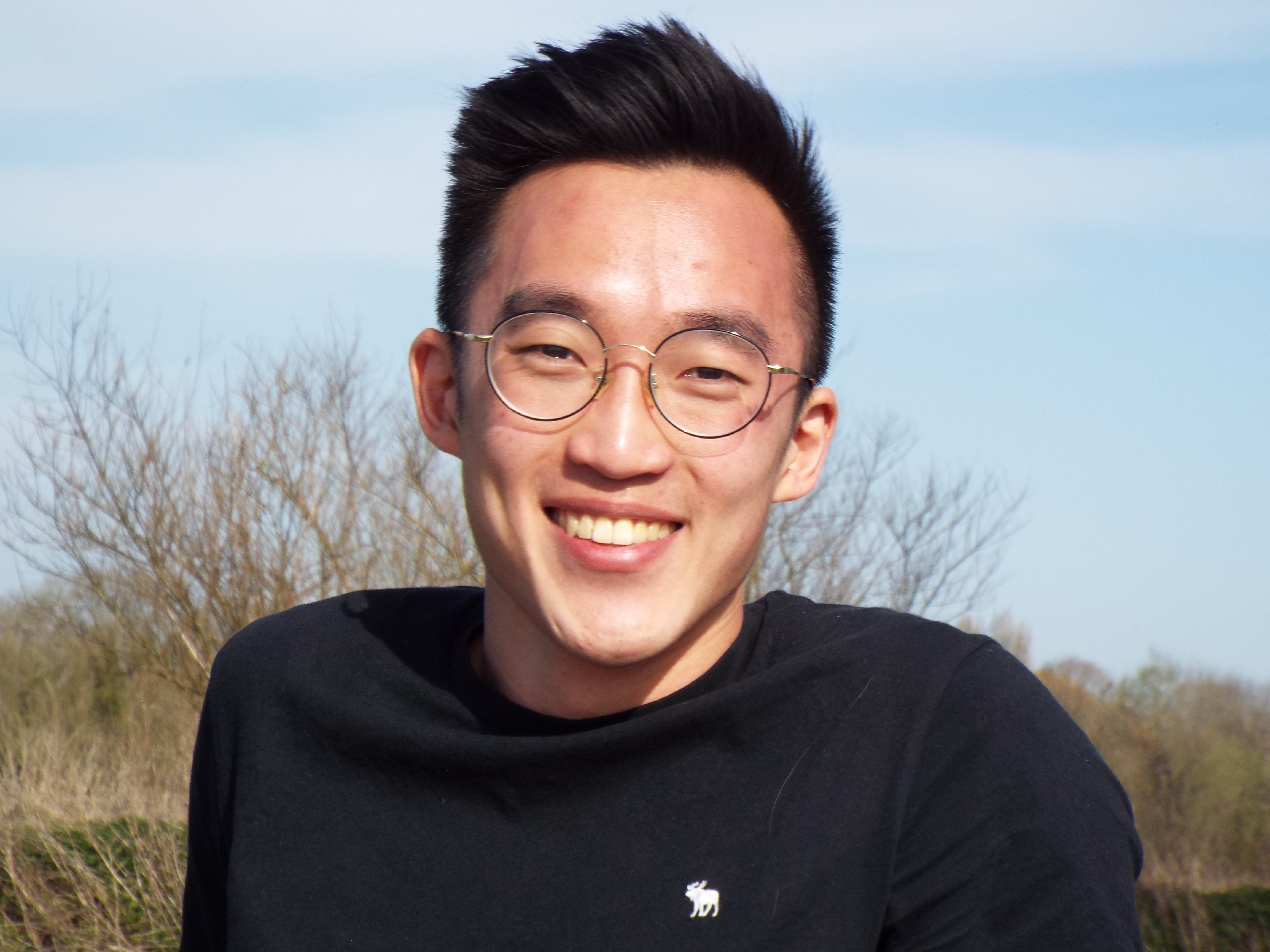
Colin Lee
- Scholar
- Singapore
- 2021 PhD Medicine
- King's College
Most have a favourite colour, I have a favourite cell. Macrophages are tissue-resident immune cells that are the ‘first ones in and last ones out’ in most tissue insults. This crush started in 2018, while investigating a rare immune disorder where chronic EBV infection drove uncontrolled macrophage activation, corrupting our biggest ally into a fatal enemy. I went on to study these cells in other contexts, including pregnancy, where placental macrophages have a plethora of roles essential for fetal health. By the midpoint of my medical studies at Cambridge University, I was committed to dedicating more time to immunology research, which has the potential to transform all fields of medicine. For my PhD, I bring my interests in tissue-resident immunity to triple negative breast cancer (TNBC). TNBC is the most aggressive form of breast cancer and the lack of effective therapies in TNBC is a major unmet clinical need. By combining computational methods with functional disease models, I hope to derive translatable insights to antibody and macrophage-directed responses within tumours, which may yield novel therapeutic strategies in TNBC. Outside of the lab, I am passionate about sports, education outreach and medical education.
Previous Education
University of Cambridge Medicine 2020
David Jun Lee
- Alumni
- United States
- 2021 PhD Asian and Middle Eastern Studies
- Darwin College
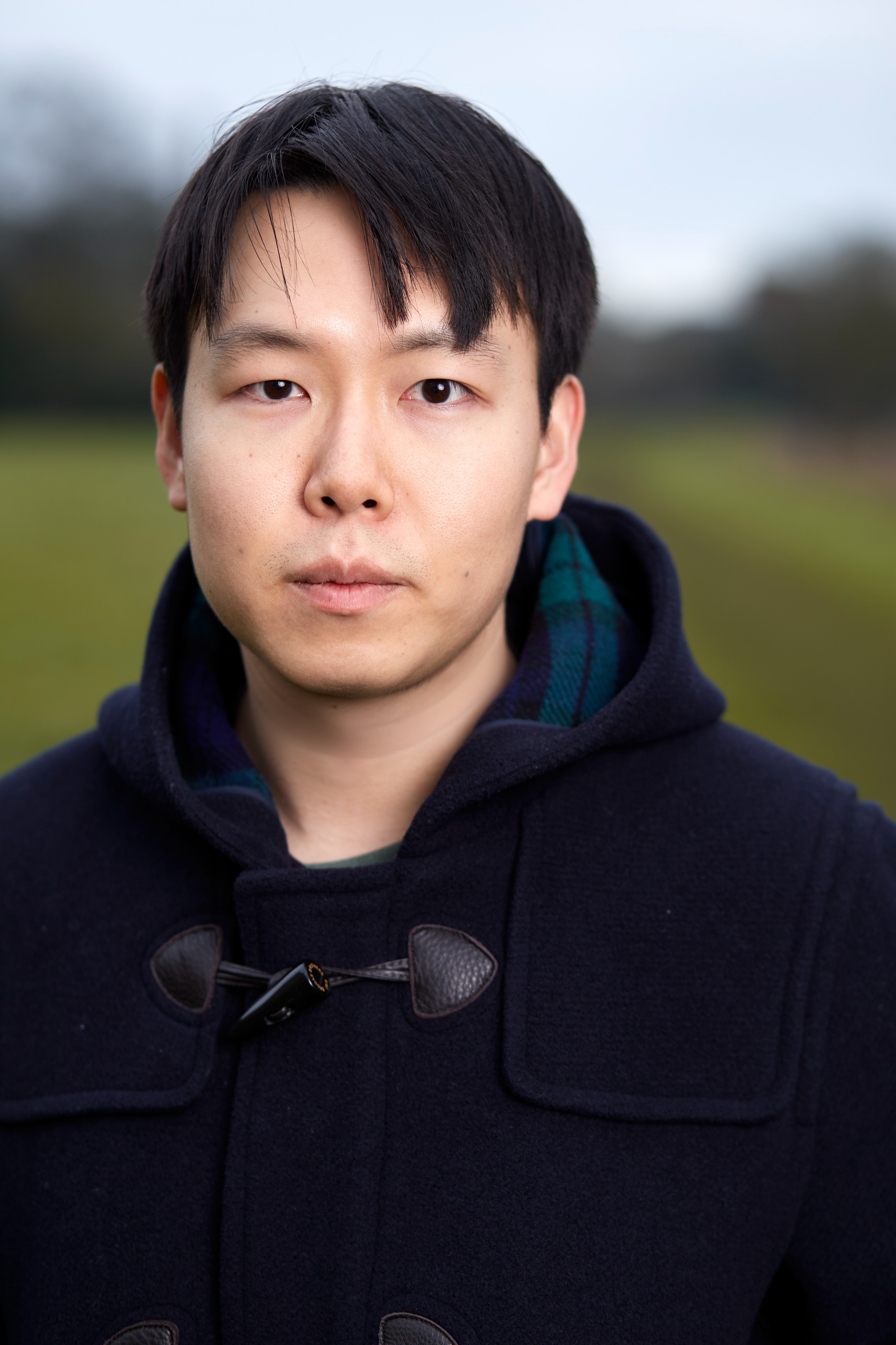
David Jun Lee
- Alumni
- United States
- 2021 PhD Asian and Middle Eastern Studies
- Darwin College
Grace Lee
- Alumni
- United States
- 2007 MPhil Management
- Trinity College
Grace Lee
- Alumni
- United States
- 2007 MPhil Management
- Trinity College
Holden Lee
- Alumni
- Taiwan
- 2013 MASt Pure Mathematics
- Trinity College
Holden Lee
- Alumni
- Taiwan
- 2013 MASt Pure Mathematics
- Trinity College
Previous Education
Massachusetts Institute of Technology B.Sc. in Mathematics 2013
Jerry Lee
- Alumni
- United States
- 2013 MPhil Epidemiology
- Wolfson College
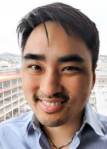
Jerry Lee
- Alumni
- United States
- 2013 MPhil Epidemiology
- Wolfson College
Previous Education
Stanford University M.S. Biology 2009
Stanford University B.A. Human Biology 2009
Jia Yi Lee
- Scholar
- Malaysia
- 2023 PhD Medical Science at the MRC Epidemiology Unit
- Downing College
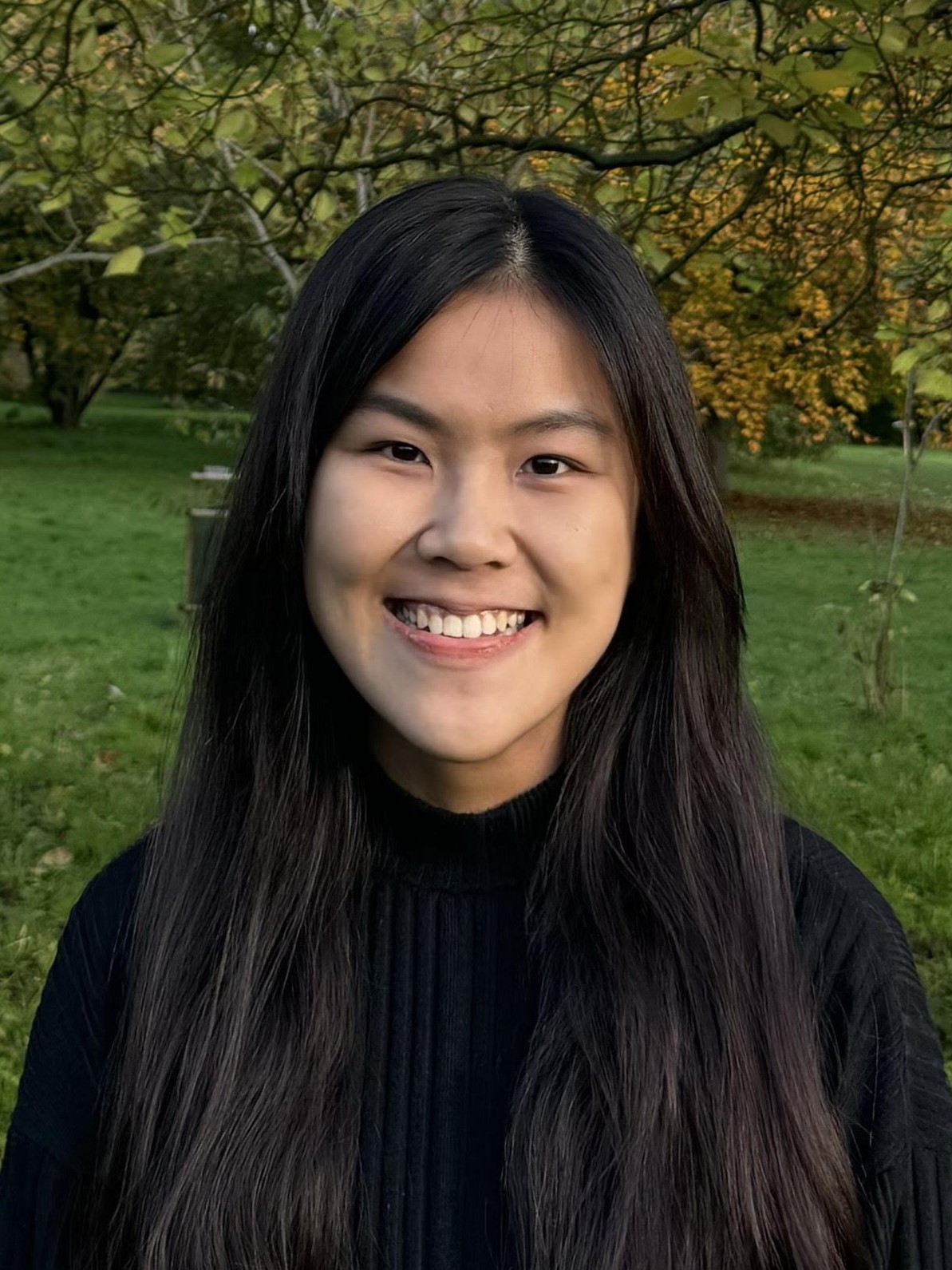
Jia Yi Lee
- Scholar
- Malaysia
- 2023 PhD Medical Science at the MRC Epidemiology Unit
- Downing College
I studied for a degree in Nutrition as I wanted to help people improve their diets to maintain good health and prevent non-communicable diseases driven by diet and lifestyle. When I worked as a community nutritionist in Malaysia, I learnt that commercial approaches in nutrition, while having their advantages, have their limitations when it comes to improving population health. This sparked my academic interest in Epidemiology, where population-based data is used to investigate the determinants of health and disease to develop population-level preventive strategies. Previously, I have worked on Nutritional Epidemiology projects on ultra-processed foods and obesity, sugar-sweetened beverages and stature loss, as well as vegetarian diets and cancer risk at King's College London, the University of Cambridge, and the University of Oxford, respectively. My PhD research at the MRC Epidemiology Unit will investigate the dietary factors linked to type 2 diabetes with a focus on multi-ethnic Asian populations. Ultimately, I want to work in epidemiology research in Southeast Asia, where I come from, as it is a highly populated and ethnically diverse region that is underrepresented in the scientific literature. I hope that my work could support the development of region-specific population health interventions in Southeast Asia and beyond.
Previous Education
University of Cambridge Population Health Sciences 2022
King's College London (University of London) Nutrition 2021
Links
https://www.mrc-epid.cam.ac.uk/people/jia-yi-lee
https://www.linkedin.com/in/jiayilee6
Katharine Lee
- Alumni
- Canada
- 2023 PhD Paediatrics
- St John's College
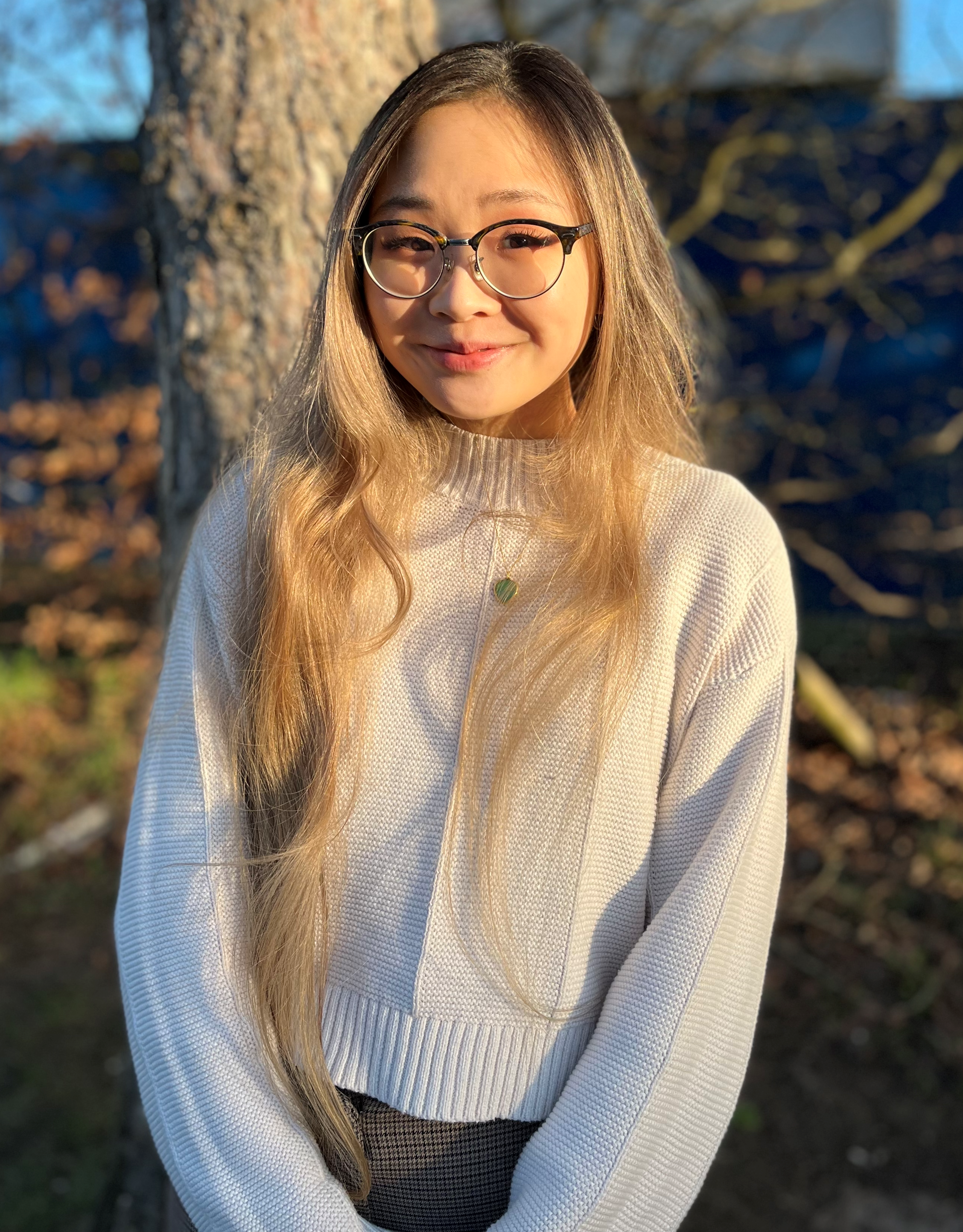
Katharine Lee
- Alumni
- Canada
- 2023 PhD Paediatrics
- St John's College
I grew up in Vancouver, Canada, and attended Johns Hopkins University where I earned a B.Sc. in Computer Science, minored in Applied Mathematics and Statistics, and pursued premedical coursework. This multidisciplinary training was motivated by my desire to work at the intersection of computational analysis and medicine in translational clinical research, with a focus in paediatric neurology. During my Ph.D. in Paediatrics, I will study the relationship between sleep and newborn brain development using high-density diffuse optical tomography and electroencephalography. Specifically, my project strives to shed light on preterm infant brain development and the emergence of neural networks during sleep. Beyond data collection, my project will leverage novel machine learning approaches to dynamic functional connectivity analysis and examine differences between preterm and term infant sleep. Comparing these cohorts will deepen our understanding of the preterm infant brain and contribute to global efforts aimed at improving neurocognitive outcomes for very preterm infants. Ultimately, I hope to clarify the importance of sleep in order to inform future hospital policies and practices that protect quality sleep for infants everywhere.
Previous Education
University of Cambridge Medical Science (Paediatrics) 2023
Johns Hopkins University Computer Science 2022
Minhee Lee
- Scholar
- Korea, Republic of
- 2025 MPhil Linguistics and Language Sciences
- Lucy Cavendish College
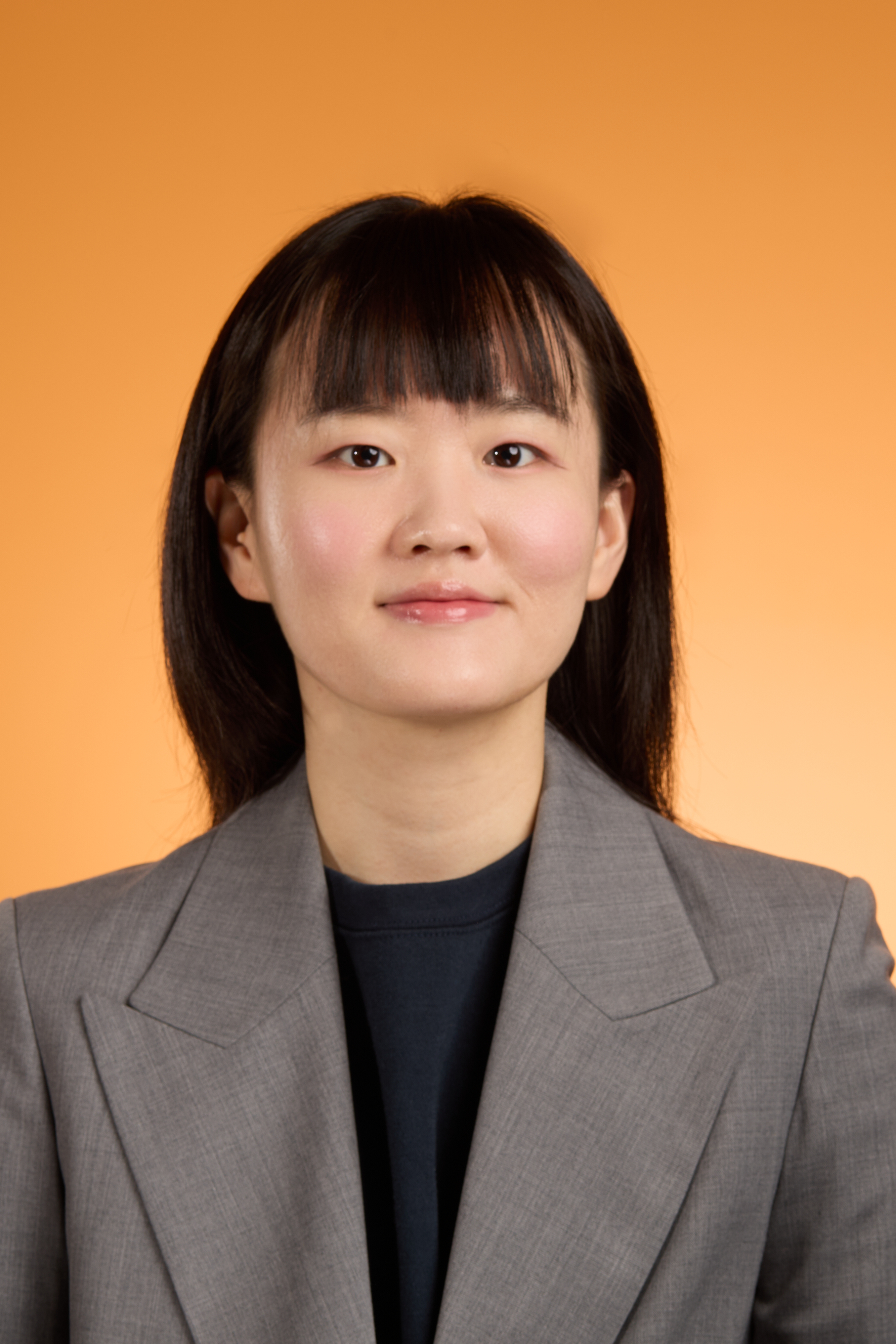
Minhee Lee
- Scholar
- Korea, Republic of
- 2025 MPhil Linguistics and Language Sciences
- Lucy Cavendish College
Originally from Seoul, South Korea, I completed my undergraduate degree in Linguistics at The University of Edinburgh. I chose to specialise in Experimental Pragmatics out of a long-standing curiosity about how people understand meaning that goes beyond the literal. Even young children are able to pick up on intentions and implied meanings through context, without being formally taught. This intuitive aspect of communication has always fascinated me. At Cambridge, I will explore how Theory of Mind develops in monolingual and bilingual children, using this as a foundation for future research involving neurodiverse children. Through this work, I hope to contribute to a better understanding of pragmatic development and to help improve communication strategies for children with Autism Spectrum Disorder (ASD).
Previous Education
The University of Edinburgh Linguistics
Scott Lee
- Alumni
- United States
- 2003 MPhil Environment & Development
- Trinity College

Scott Lee
- Alumni
- United States
- 2003 MPhil Environment & Development
- Trinity College
W Victoria Lee
- Alumni
- United States
- 2010 PhD Architecture
- Trinity College

W Victoria Lee
- Alumni
- United States
- 2010 PhD Architecture
- Trinity College
I received my undergraduate and master degrees in architecture from MIT. At Cambridge under the MPhil program in environmental design, I investigated the relationship between buildings' ability to resist long and short term hazards. I am continuing my research as a PhD student. There is still a large gap in our understanding of the correlation between how well a building can resist earthquakes and how effectively it can protect its occupants from climatic elements such as hurricanes and cold winters. Yet over half of the world’s population lives in places where such an understanding can greatly increase the quality of life, if not the odds between death and survival. In the future I hope to apply what I learn from my research to reduce risks in the built environment of disaster-prone areas.
Yi Lee
- Alumni
- United States
- 2002 PhD Chinese Studies
- Trinity College

Yi Lee
- Alumni
- United States
- 2002 PhD Chinese Studies
- Trinity College
Edward Lee-Six
- Alumni
- Belgium
- 2015 PhD English
- Trinity College
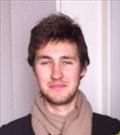
Edward Lee-Six
- Alumni
- Belgium
- 2015 PhD English
- Trinity College
Previous Education
University of Cambridge
Ecole Normale Supérieure / Paris-IV Sorbonne
Alexandra Leech
- Alumni
- Ireland
- 2008 PhD Social & Political Science
- King's College

Alexandra Leech
- Alumni
- Ireland
- 2008 PhD Social & Political Science
- King's College
My doctoral research is focused on integrating cognitive- and interpersonal-vulnerability models of depression amongst British adolescents. The study explores the validity of the relevant theories and the practical applicability of the adjacent therapeutic options for prevention and intervention of adolescent mental illness during times of significant transition. Preliminary results suggest the significance of rumination, stable attribution styles and parental support mechanisms. Qualitative data has highlighted the need for, and inadequacies of, current health promotion and maintenance strategies, and the potential for reformation of policy and practice. My career objectives are to gain further research and practical experience in the field of adolescent mental health so that I may progress towards establishing a best practice model for adolescent depression which is reflected in disseminated prevention and intervention strategies.
Raphaël Lefèvre
- Alumni
- France
- 2012 PhD Politics and International Studies
- King's College
Raphaël Lefèvre
- Alumni
- France
- 2012 PhD Politics and International Studies
- King's College
Raphaël is a nonresident scholar at the Carnegie Middle East Center, where his research focuses on Sunni Islamist movements in Lebanon. A Gates Scholar and a doctoral candidate in politics and international relations at the University of Cambridge, Lefèvre is also an associate at the university’s Center for the Study of the International Relations of the Middle East and North Africa. Lefèvre is the author of Ashes of Hama: The Muslim Brotherhood in Syria (Oxford University Press, 2013) and co-author of State and Islam in Baathist Syria: Confrontation or Co-Optation? (Lynne Rienner, 2012). His publications on Islamist movements in the Middle East and North Africa have appeared in the Guardian, the Cambridge Review of International Affairs, Sada, and the Journal of North African Studies.








